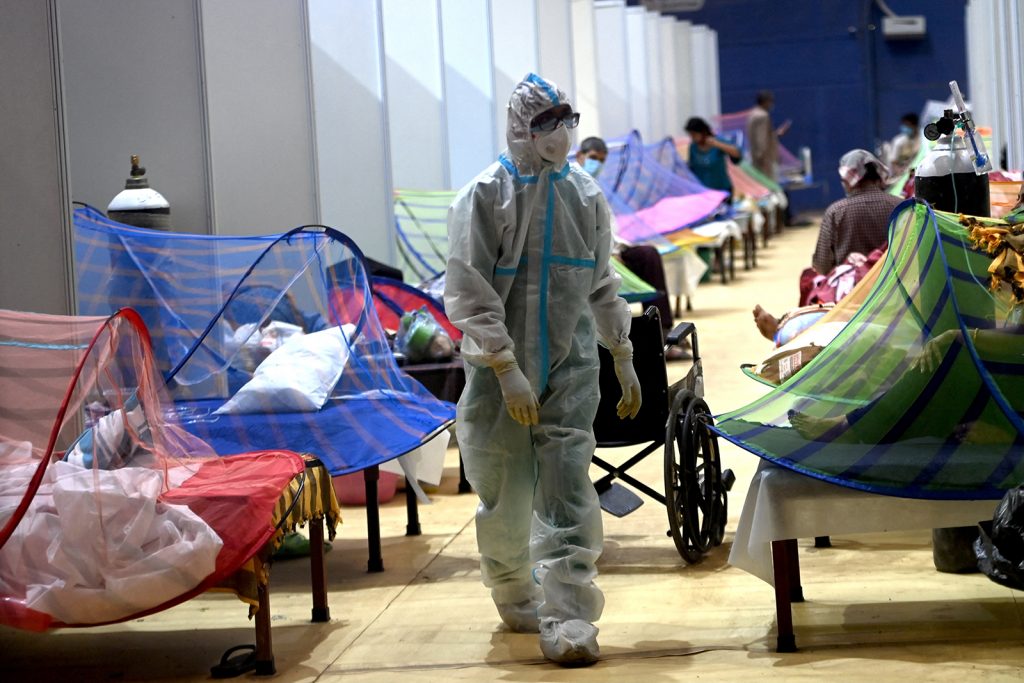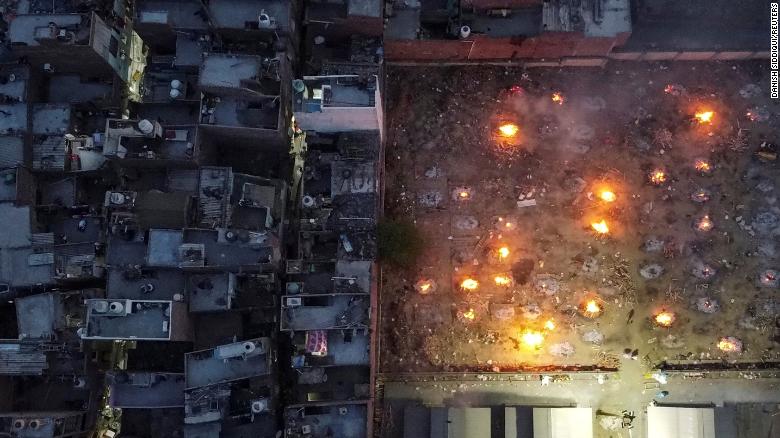In one way, the faith in technology could even be seen in the Western response to the pandemic. Rather than examine the social contract that citizens buy into -- putting collective welfare ahead of individual rights by not questioning the wearing of masks and other restrictions -- and apply a strong, swift public health response that would have controlled the outbreak, Western countries instead placed their hope on vaccine development: a gamble that ultimately will pay off, but at the unnecessary cost of massive economic disruption and hundreds of thousands dead. In the US alone, a study showed that hundreds of thousands of lives could have been saved if lockdown restrictions, mask-wearing and social distancing were heavily enforced earlier on in the pandemic.
The SARS-COV-2 virus has caused such global chaos because of its ability to enter the human body through biological transmission and disrupt its workings. And it is prevented by a vaccine: something that leverages the human body's natural response to infection.
If there is any hope of avoiding another global health disaster, human beings need to restrain their development and stop assaulting natural and biological systems based on an arrogant assumption that all other forms of life are subordinate to the quest for human progress. Economic imperatives have destroyed so much of the natural world, and events like the Covid-19 pandemic will only become more likely as human populations and desires grow and snatch more from the biosphere. It is time to pull back from our assault on nature.
Our survival depends on maintaining the integrity and vibrancy of natural systems and the biological processes within. That includes the environments we live in, the objects that invade our bodies (such as pollutants and viruses), the things we consume (water, air and food) and the biological consequences of the waste we produce.
Even during the early months of the pandemic when reports showed that earth was benefitting from the decrease in greenhouse gas emissions -- since much of the middle and upper-classes were able to learn remotely and work from home -- the shift to being indoors was not without consequences.



























